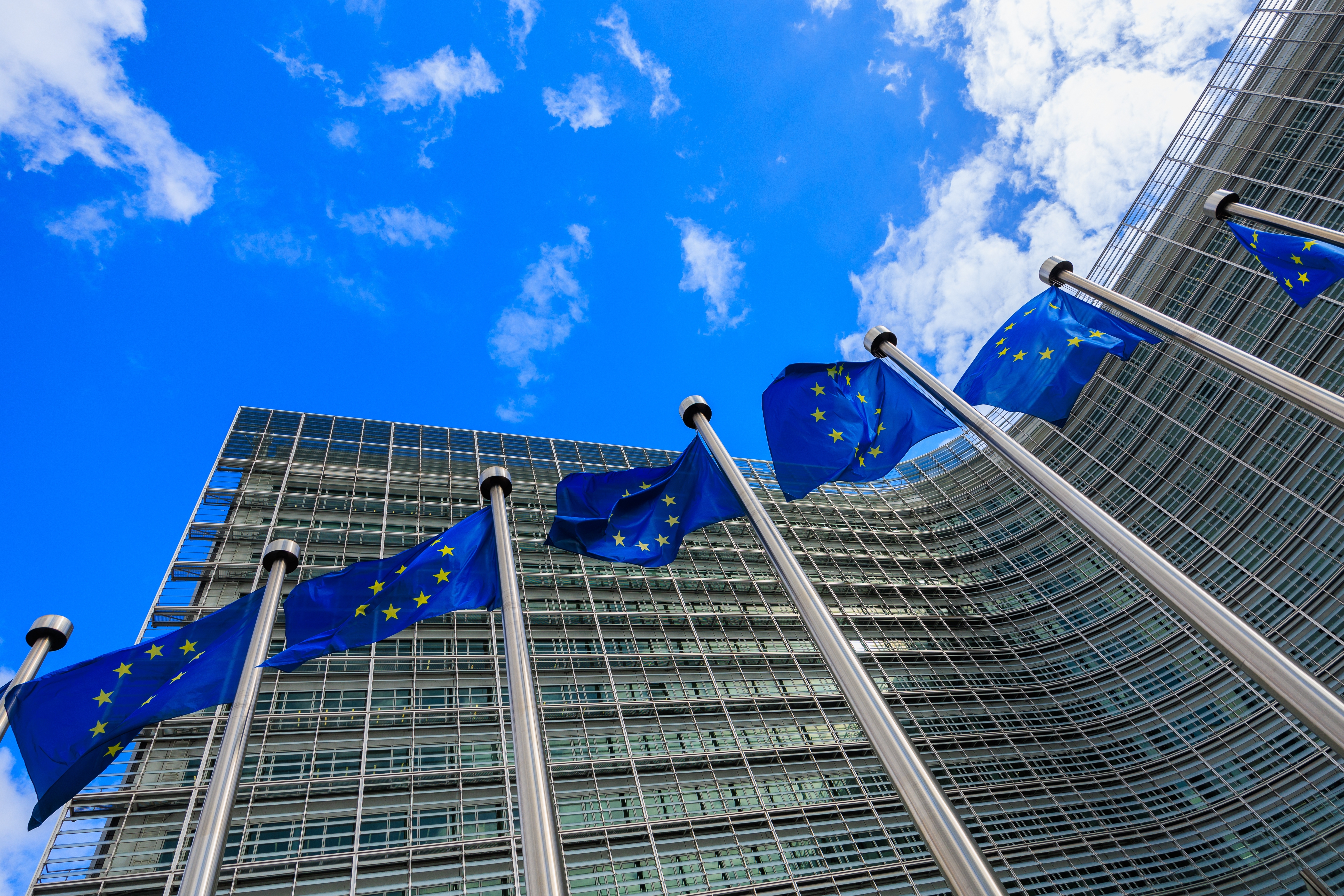PensionsEurope has called for an opt-out clause for member states if the Pan-European Personal Pension Product (PEPP) is expanded to include occupational pensions, warning that such a move could disrupt national pension systems.
In its response to the European Commission’s call for evidence on supplementary pensions, PensionsEurope emphasised that while personal pensions have an important role to play, the PEPP framework, as it currently stands, has failed to gain meaningful market traction since its launch.
Only two providers currently offer PEPP products across the EU, underscoring the urgent need for reform to make the scheme more attractive and effective for savers. However, PensionsEurope stressed that any reform should not be about making the PEPP a success, but rather that more people should have access to good pension products.
More specifically, the association warned that in countries with well-developed pension systems, an approach that combines occupational and personal pension risks interfering with the operation of established or emerging schemes.
It stated: “These unintended consequences must be avoided, as pension schemes operating under the IORP II Directive could be subject to PEPP rules. This concern is particularly relevant given the lack of evidence that PEPP offers advantages over national pension schemes, as those schemes are rooted in national social, labour and tax laws.
“Therefore, if PEPP is extended to cover also the second pillar, we believe that a member state option should be introduced to the regulation, so that member states with well-established occupational pension systems can opt out of introducing PEPP as an occupational pension.”
PensionsEurope also highlighted concerns over proposals to remove national compartment, or ‘subaccount’, requirements within the PEPP. It warned that eliminating these national divisions would fundamentally alter PEPP’s nature – from a European pension product to a more fragmented, national one.
It also noted that enabling transfers from existing national personal pension products into PEPPs remains a “sensitive” and “technically difficult” challenge. PensionsEurope emphasised that PEPP should complement rather than replace national pension schemes.
Furthermore, it recommended that transparency requirements be tailored specifically to the PEPP’s unique hybrid nature, in that it is neither a pure investment product nor a traditional occupational pension.
The association also recognised that pension and tax policies remain national competencies. As such, tax treatment of PEPP must avoid discrimination against national pension products and prevent distortions between different parts of pension systems.
On investment, the current 1 per cent cost cap on the Basic PEPP was criticised by PensionsEurope, as it argued that this limit acts as a barrier to market development and broader uptake of PEPP across Europe. It therefore called for a shift away from rigid fee caps toward a value-for-money approach that balances competitive costs with high-quality product offerings.
While rejecting calls to exclude certain costs from fee calculations – warning this would create inconsistent comparisons between providers – PensionsEurope advocates focusing on outcomes that deliver real benefits to savers.
In addition, the association believes that a basic PEPP should be designed with a built-in lifecycle investment strategy but not automatically, because the “best investment strategy depends on the participant's financial situation, including the accrual of the first and second pillars”.
It also supports maintaining the “prudent person” rule as a guiding principle for PEPP investments and urges harmonised distribution rules for all personal pension providers to reduce unnecessary market obstacles.
Latest News
-
Member state opt-out needed if PEPP expands to second pillar – PensionsEurope
-
EIOPA flags ‘worsening’ market and asset return risks for IORPs
-
Danes retire later than ever as retirement age hits 67 for first time
-
Czech high-risk workers to receive pension support from 2026 under new law
-
News in brief: 1 August
-
Funding ratio of German DAX pension funds rises to new high – WTW Germany
Podcast: Stepping up to the challenge

In the latest European Pensions podcast, Natalie Tuck talks to PensionsEurope chair, Jerry Moriarty, about his new role and the European pension policy agenda
Podcast: The benefits of private equity in pension fund portfolios

The outbreak of the Covid-19 pandemic, in which stock markets have seen increased volatility, combined with global low interest rates has led to alternative asset classes rising in popularity. Private equity is one of the top runners in this category, and for good reason.
In this podcast, Munich Private Equity Partners Managing Director, Christopher Bär, chats to European Pensions Editor, Natalie Tuck, about the benefits private equity investments can bring to pension fund portfolios and the best approach to take.
In this podcast, Munich Private Equity Partners Managing Director, Christopher Bär, chats to European Pensions Editor, Natalie Tuck, about the benefits private equity investments can bring to pension fund portfolios and the best approach to take.
Mitigating risk
BNP Paribas Asset Management’s head of pension solutions, Julien Halfon, discusses equity hedging with Laura Blows
© 2019 Perspective Publishing Privacy & Cookies









Recent Stories